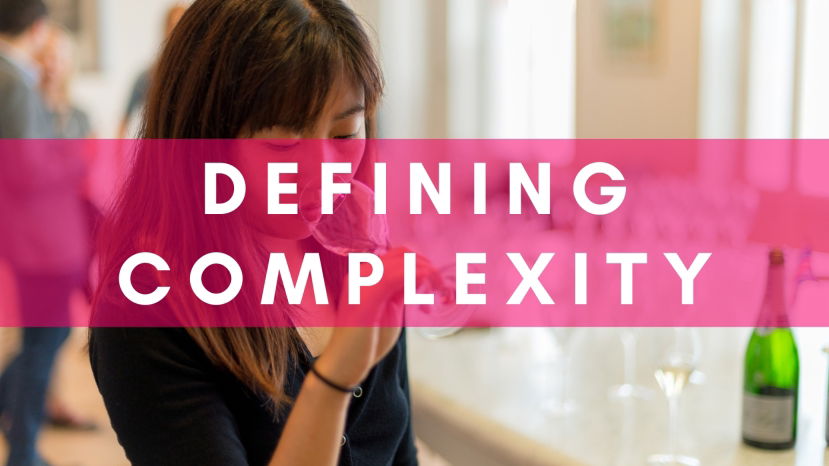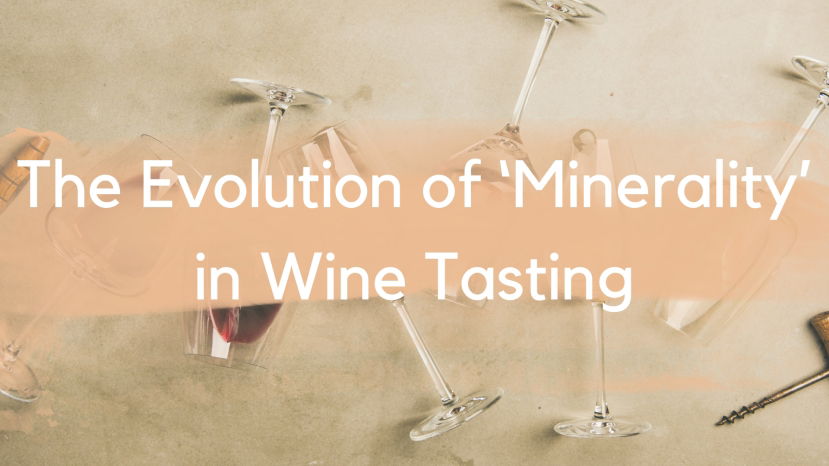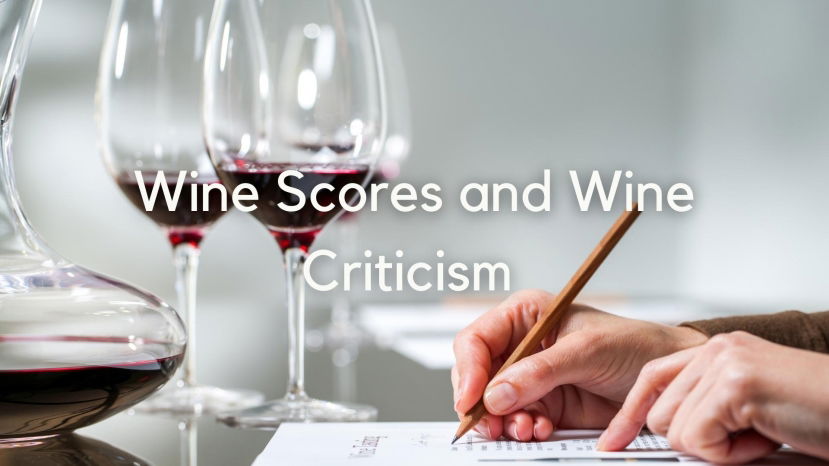BLOG
tasting
Summary:
What is a 'natural wine' anyway? In the latest in our series of blind tasting videos, Justin is once again joined by Chris Martin MW, to discuss all things natural. They taste three outstanding low-intervention wines and talk about how you might recognise the signatures of naturalness, how to assess quality and finding the line between funk and faulty.
We'd love to hear your thoughts about natural wine, so please start a discussion in the comments!
Details
Summary:
In this video we'll taste 3 different Syrahs of different styles, quality and origins, and see how we might make some arguments for deciding the variety, where in the world they come from and how good they are using evidence from the glass.
All the details about the wines can be found in the pdf link above.
About the Speaker:
Justin Martindale is the Wine Scholar Guild Membership Manager and one of our in-house Masters of Wine. Justin
Summary:
What does complexity mean in wine?
Many people talk admiringly about complexity as a positive and desirable attribute in wine. However, it is often unclear what exactly they have in mind when using the term. In this talk, I will address various ways of defining complexity, and what experimental evidence has revealed regarding how people – both novices and experts -
Picture a wine student in an exam, glass in hand, working methodically through the grid: clarity, intensity, aroma, palate, structure. She's been trained to be objective, to leave her biases at the door, to divide the whole into its component parts: acidity, tannin, fruit, oak—and reassemble them into a neat summation. She might even get the ‘right’ answer, but has she actually tasted the wine?
This scene plays out in tasting rooms and wine schools around the world, every day. It's the foundation of modern wine education: systematic, analytical, replicable. And for certain purposes—building vocabulary, developing sensory memory, passing standardized exams—it works. It corresponds perfectly to the reductionist paradigm from which it springs. And yet, something essential is missing. Wine becomes an object to be decoded and dominated rather than an experience to be lived and moved by. The taster becomes a technician rather than a participant.
Science of Wine Tasting Course
This multi-part series is designed for food and wine professionals, wine judges, wine educators, wine and food journalists, wine students and anyone who relies on their senses to assess, evaluate, critique and/or write about wine and food.
Summary:
This seminar explores the history, evolution and application of ‘minerality’ in wine tasting notes. In the rich lexicon of wine terms that have developed in the modern era, few have proved more important, and more divisive, than this one.
Justin conducted a content analysis of more than 20,000 tasting notes published in the UK’s Decantermagazine from 1976-2019, to chart for the first time the possible origins of the term, how and when
It is a regular occurrence, even for the most accomplished wine aficionado: a loss of words to describe exactly what’s going on in the glass. Try as we might, the language of wine will always be a tricky landscape to navigate. But, as educators and students of wine, it is a necessity. Whether scratched into a notepad or typed into a report, tasting notes help us commit our experience to memory, and serve as a vital avenue for sensory translation.
Nonetheless, issues abound when it comes to finding a common understanding of these experiences.
In this edition of our Great Debate series, Andrew Jefford — wine journalist and critic — is joined by William Kelley, wine critic for Robert Parker’s Wine Advocate, to discuss a host of issues facing the language of wine and its primary vehicle of communication: the celebrated (or maligned, depending on your point of view) tasting note.
“A good tasting note should communicate as relatably and usefully as possible the character and perceived quality of the wine,” notes Kelley, who reviews roughly 5,000 wines annually from Burgundy and Champagne for his publication. However, he cautions, “it is a very limiting genre.”
By and large, Jefford agrees, but he also calls for “an equivalent of the ‘natural wine’ movement for wine writing” to refresh the possibilities and broaden the perspectives of wine language worldwide.
In the end, this debate is a fascinating look into the process of crafting tasting notes from two of the industry’s most accomplished practitioners. But both admit that there remains plenty of open area for discussion on how to best utilize language to communicate the magic (or lack thereof) in the glass.
Twenty years ago, Wine Scholar Guild began with a clear mission: to deepen the world’s understanding of France’s wines through education. It was 2005, and I was 23 years old, working as a trade attaché at the French Embassy in Washington, DC. This was a time of anti-French sentiment in the US, and French wine—something I knew to be an expression of place, people and culture—was caught in the crossfire.








